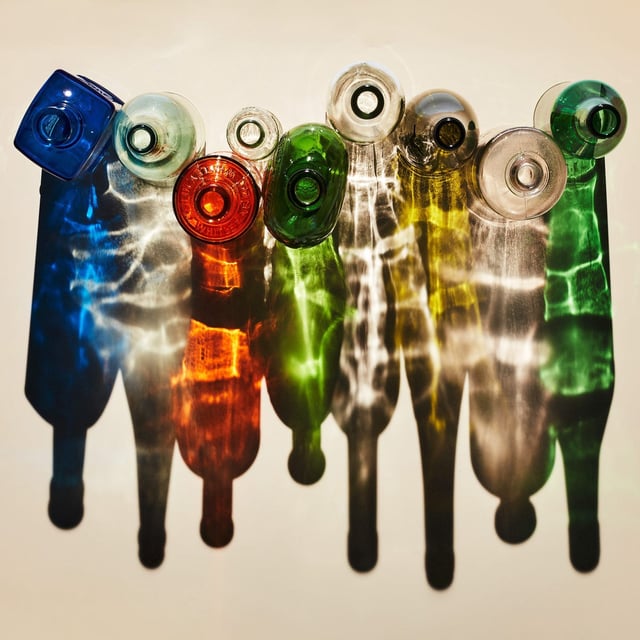Overview
- The Oxford–Yale–Cambridge study, published September 23 in BMJ Evidence-Based Medicine, challenges the notion that low or moderate drinking benefits brain health.
- Analysis of 559,559 participants from the UK Biobank and US Million Veteran Program recorded 14,540 dementia cases during follow-up.
- Genetic instruments from GWAS involving about 2.4 million people linked higher alcohol liability to greater dementia risk, including roughly a 15% increase at light intake levels.
- Some observational comparisons showed non-drinkers and heavy drinkers had a 41% higher risk than light drinkers and alcohol dependence was linked to a 51% higher risk, patterns investigators note can be distorted by abstainer bias and reverse causation.
- Lead author Anya Topiwala said the evidence does not support a protective effect, and experts argue population-wide reductions in alcohol use could aid dementia prevention while calling for further research on mechanisms.

